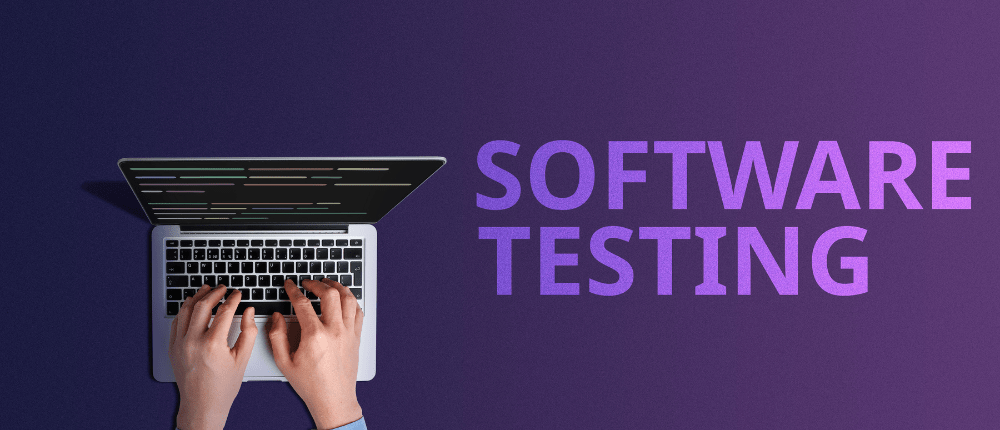In todays data-driven world, the demand for professionals who can make sense of vast amounts of data has skyrocketed. Among the most sought-after roles are Data Scientists, Data Analysts, and Machine Learning Engineers. While these titles are often used interchangeably, they represent distinct fields with unique skill sets and responsibilities. In this blog post, well explore the differences between Data Science, Data Analytics, and Machine Learning to help you better understand each of these roles and choose the right career path for you.
1. Data Science
Definition: Data Science is a multidisciplinary field that uses scientific methods, algorithms, processes, and systems to extract knowledge and insights from structured and unstructured data.
Skills Required: Data Scientists need a strong foundation in statistics, programming (e.g., Python, R), data visualization, and domain expertise. Enrolling in a reputable data science course in Bangalore can provide you with these essential skills.
Roles and Responsibilities: Data Scientists are responsible for collecting, cleaning, and analyzing data to uncover actionable insights. They build predictive models and often work on complex, open-ended problems.
Tools and Technologies: Common tools used in Data Science include Jupyter notebooks, pandas, scikit-learn, and TensorFlow.
Definition: Data Analytics focuses on examining data to identify trends, patterns, and meaningful information that can inform business decisions.
Skills Required: data Analysts need expertise in data cleaning, data visualization, and proficiency in tools like Excel, SQL, and data visualization tools (e.g., Tableau). If youre interested in a data science course in Bangalore, you can find programs that cover these analytics skills.
Roles and Responsibilities: Data Analysts gather and organize data, create reports and dashboards, and help organizations make data-driven decisions.
Tools and Technologies: Popular tools in Data Analytics include Excel, SQL, and Tableau.
3. Machine Learning
Definition: Machine Learning is a subset of artificial intelligence that focuses on the development of algorithms that enable computers to learn from and make predictions or decisions based on data.
Skills Required: Machine Learning Engineers require a deep understanding of algorithms, mathematics, programming (e.g., Python or Java), and experience with machine learning frameworks.
Roles and Responsibilities: Machine Learning Engineers design and develop machine learning models, fine-tune algorithms, and deploy models into production.
Tools and Technologies: Common tools for Machine Learning include TensorFlow, PyTorch, and scikit-learn.
4. Key Differences
- Focus and Objectives: Data Science seeks to extract insights and build models, Data Analytics focuses on understanding data for decision-making, and Machine Learning creates predictive models.
- Skills and Expertise: Each field requires a distinct set of skills, from statistical analysis in Data Science to data cleaning in Data Analytics and algorithm development in Machine Learning.
- Roles and Responsibilities: Data Scientists work on complex, open-ended problems, while Data Analysts create reports and dashboards, and Machine Learning Engineers build predictive models.
- Applications: Data Science can be used for anything from fraud detection to recommendation systems, Data Analytics informs business strategies, and Machine Learning powers self-driving cars and virtual assistants.
5. Overlaps and Intersections
While these fields have their own unique identities, they often intersect and complement each other. For instance, Data Analysts may use Machine Learning algorithms to enhance their analyses, and Data Scientists may perform data analytics as part of their workflow. Collaboration between professionals in these fields can lead to more comprehensive and effective data-driven solutions.
6. Choosing the Right Path
To choose the right career path, consider your interests, strengths, and career goals. If you enjoy working with complex problems and building predictive models, Data Science or Machine Learning may be a good fit. If you prefer data-driven decision-making and working with stakeholders to inform business strategies, Data Analytics could be your calling.
7. Conclusion
In summary, Data Science, Data Analytics, and Machine Learning are distinct but interconnected fields with unique roles, skill requirements, and applications. Understanding these differences is crucial for anyone considering a career in data-related fields. By aligning your interests and strengths with the specific demands of each field, you can embark on a rewarding career path that leverages the power of data to drive innovation and informed decision-making.
As you explore these fields further, remember that the world of data is dynamic, and staying updated on the latest tools and techniques is essential for success. Whether you choose Data Science, Data Analytics, or Machine Learning, youre entering a field that promises continuous learning and exciting opportunities in our data-rich era. If youre in Bangalore, consider enrolling in a reputable data science course in Bangalore to kickstart your journey in this exciting field.
by Preethi
























